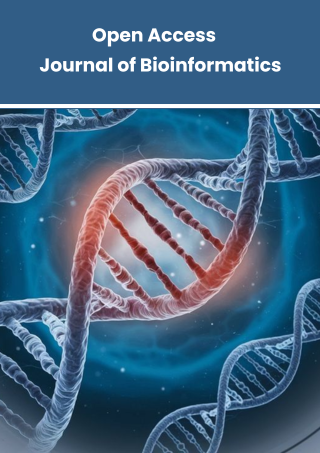Plant and agricultural bioinformatics
Plant and agricultural bioinformatics involves the computational analysis of genomic, transcriptomic, proteomic, and phenotypic data to enhance crop productivity, resilience, and sustainability. This field leverages high-throughput sequencing, molecular breeding data, environmental measurements, and precision agriculture technologies to uncover the genetic basis of key traits such as yield, disease resistance, drought tolerance, and nutrient efficiency. By applying tools like genome annotation, comparative genomics, machine learning, and systems biology modeling, researchers can identify marker–trait associations, accelerate crop improvement programs, and design data-driven breeding strategies. Agricultural bioinformatics also supports the integration of multi-omics datasets with field-level sensor data, enabling real-time monitoring of plant health and optimized resource management. As global food demands continue to rise, advanced computational approaches and scalable data infrastructures are essential for developing climate-resilient crops, improving sustainable farming practices, and ensuring long-term food security.
Article Processing Timeline
| 2-5 Days | Initial Quality & Plagiarism Check |
| 15 Days |
Peer Review Feedback |
| 85% | Acceptance Rate (after peer review) |
| 30-45 Days | Total article processing time |
Indexed In
ResearchBib
Sindexs
OAJI
DOAJ
CrossRef
PubMed
MEDLINE
EBSCO A-Z / Host
OCLC - WorldCat
Journal Flyer


